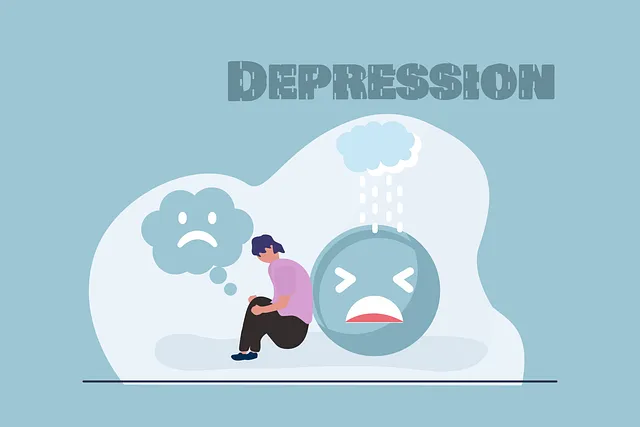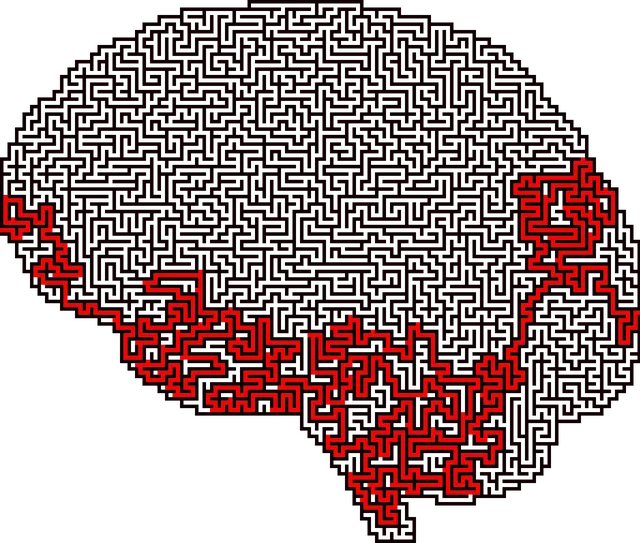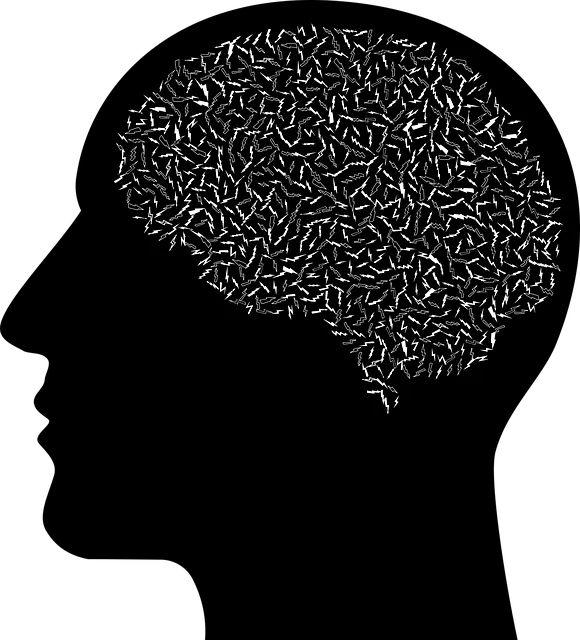Superior Kaiser Permanente psychiatry services prioritize building resilience as a cornerstone of mental health care. They utilize the RFM framework (Recovery, Flexibility, Mastery) and self-care routines to manage stress. Workshops and podcasts teach practical skills for emotional well-being. Their holistic approach includes tailored strategies, technology, and community outreach programs to reach diverse audiences. By combining on-site programs with evidence-based practices, they foster resilience through mindfulness, physical activity, communication, and group support. Innovative evaluation methods measure success, ensuring long-term mental wellness impacts.
Resilience is a powerful tool in navigating life’s challenges, and RFM (Recovery, Flexibility, and Mastery) offers a structured framework to build it. This article explores the significance of resilience in mental health, with a focus on innovative practices by Superior Kaiser Permanente psychiatry. We delve into evidence-based strategies, such as cognitive reframing and mindfulness exercises, that empower individuals to enhance their coping mechanisms. Additionally, we examine real-world case studies, providing insights into how these techniques can transform lives and foster overall well-being.
- Understanding RFM: A Framework for Resilience
- The Role of Mental Health Professionals in Resilience Building
- Kaiser Permanente's Approach to Psychiatric Care and Resilience
- Practical Exercises for Enhancing Personal Resilience
- Measuring Success: Evaluating the Impact of Resilience Training
Understanding RFM: A Framework for Resilience

Resilience is a key component to navigating life’s challenges and maintaining good mental health. Understanding RFM—a framework that stands for Recovery, Flexibility, and Mastery—can serve as a powerful tool in building resilience. This model, often utilized by superior Kaiser Permanente psychiatry services, focuses on developing strategies to cope with adversity, adapt to change, and regain control over one’s life.
By integrating self-care routine development for better mental health into daily practices, individuals can enhance their ability to manage stress and anxiety relief. Stress Management Workshops Organization often plays a vital role in teaching practical skills and fostering a sense of community, where participants learn techniques to navigate stressful situations, promote emotional well-being, and cultivate a more resilient mindset.
The Role of Mental Health Professionals in Resilience Building

Mental health professionals play a pivotal role in fostering resilience among individuals and communities, especially when integrated into comprehensive well-being initiatives. At superior Kaiser Permanente psychiatry, experts focus on providing evidence-based strategies to enhance mental agility and cope with life’s challenges. Through tailored interventions, these professionals empower individuals to navigate stress, trauma, or adversity, thereby strengthening their overall resilience.
The Community Outreach Program Implementation often involves partnerships with local organizations to deliver mental health services to underserved populations. Alongside this, the Mental Wellness Podcast Series Production can offer accessible resources and share practical techniques for emotional well-being. Additionally, training in conflict resolution techniques equips individuals with valuable skills to manage interpersonal challenges, promoting healthier relationships and a more resilient mindset.
Kaiser Permanente's Approach to Psychiatric Care and Resilience

Kaiser Permanente has established itself as a pioneer in psychiatric care and resilience-building initiatives. Their approach prioritises holistic mental wellness, offering a comprehensive range of services tailored to individual needs. Through the Mental Wellness Podcast Series Production, they utilise modern technology to reach a wider audience, providing valuable resources for anxiety relief and mental health education. This innovative strategy complements their on-site programs designed with an emphasis on long-term resilience and emotional well-being.
By integrating these diverse approaches, Kaiser Permanente ensures that patients have access to effective support systems. Their dedicated teams of professionals utilise evidence-based practices alongside creative strategies like podcasting, fostering a culture where mental health discussions are openly accessible. This inclusive environment encourages individuals to take charge of their mental wellness, ultimately contributing to enhanced resilience in daily life.
Practical Exercises for Enhancing Personal Resilience

Building resilience is a crucial aspect of mental well-being, and practical exercises can significantly enhance personal resilience. At Superior Kaiser Permanente psychiatry, we emphasize the importance of empowering individuals to navigate life’s challenges. One effective strategy is incorporating daily mindfulness practices, such as meditation or deep breathing exercises, which help individuals stay grounded in the present moment, thereby reducing anxiety and stress. Regular physical activity is another powerful tool; engaging in activities like yoga or even a brisk walk can boost mood and provide a sense of accomplishment.
Additionally, communication strategies play a vital role in resilience building. Encouraging open dialogue and fostering supportive relationships within communities can create a safe space for individuals to express their feelings and seek help when needed. The Community Outreach Program Implementation initiative promotes this by connecting people with resources and like-minded support networks. Through group therapy sessions or community gatherings, participants learn emotional regulation techniques, gain valuable coping strategies, and develop a sense of belonging, all of which contribute to building resilience over time.
Measuring Success: Evaluating the Impact of Resilience Training

Measuring success is a vital aspect of any resilience-building initiative, especially when considering the long-term impact on mental wellness. At Kaiser Permanente, superior psychiatry services have pioneered innovative approaches to evaluating the effectiveness of resilience training programs. This involves a comprehensive analysis of participants’ emotional healing processes, both before and after the intervention. By utilizing advanced assessment tools, healthcare professionals can quantify improvements in coping strategies, stress management, and overall psychological resilience.
The Mental Wellness Podcast Series Production team often highlights success stories through engaging narratives, providing valuable insights for those interested in personal growth. Additionally, Public Awareness Campaigns Development plays a crucial role in spreading knowledge about emotional healing processes, ensuring that the benefits of resilience training reach a broader audience. This multi-faceted approach not only enhances individual well-being but also contributes to building a more resilient community.
Resilience is a powerful tool for navigating life’s challenges, and the RFM framework offers a structured approach to building this strength. As demonstrated by Superior Kaiser Permanente psychiatry, integrating resilience-focused care into healthcare systems can have profound effects on individual well-being. Mental health professionals play a pivotal role in guiding individuals through exercises that enhance personal resilience, ultimately improving their ability to cope with stress and adversity. By measuring the impact of these training programs, we can ensure that efforts to build resilience are effective and tailored to meet diverse needs, fostering a more resilient and healthy society.




